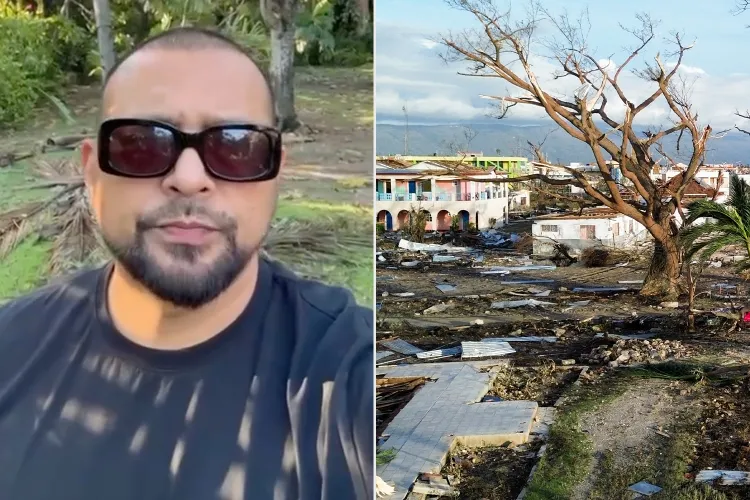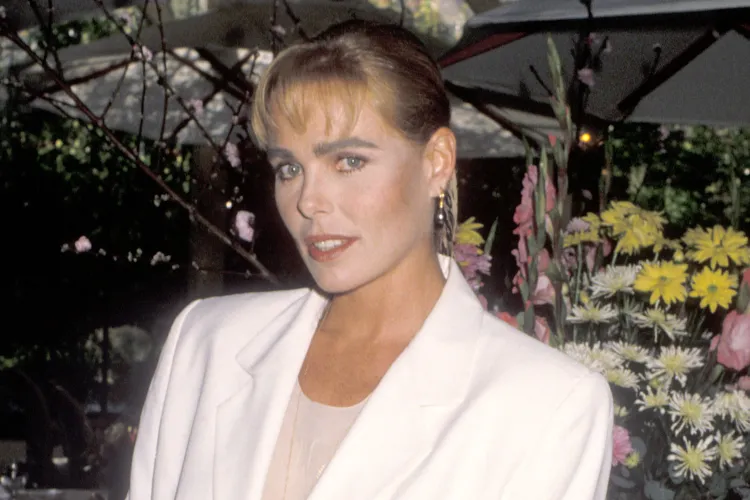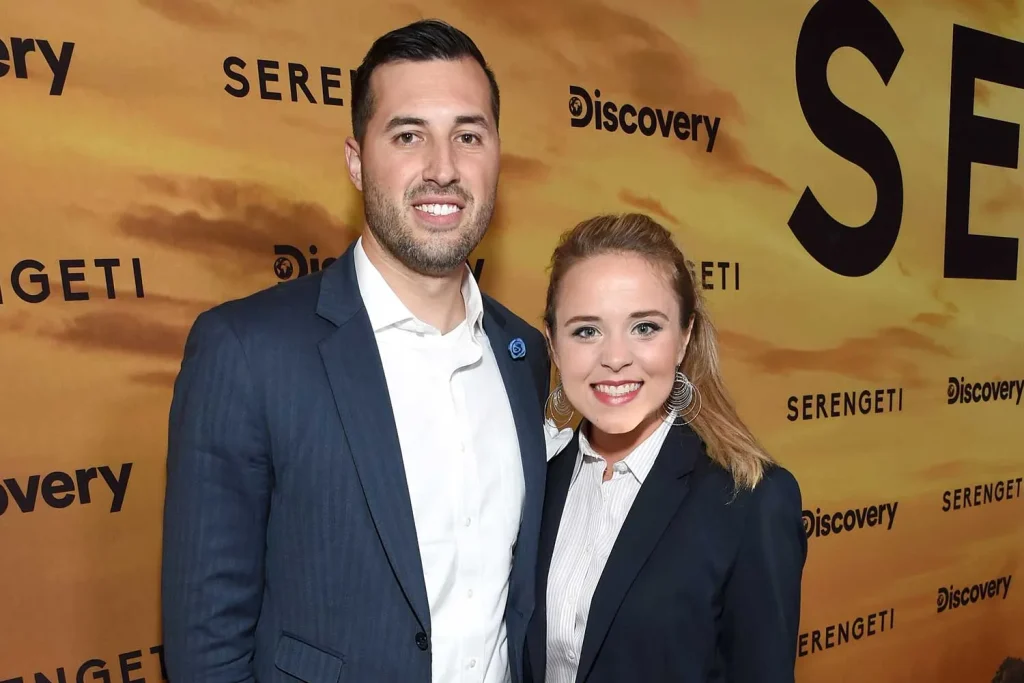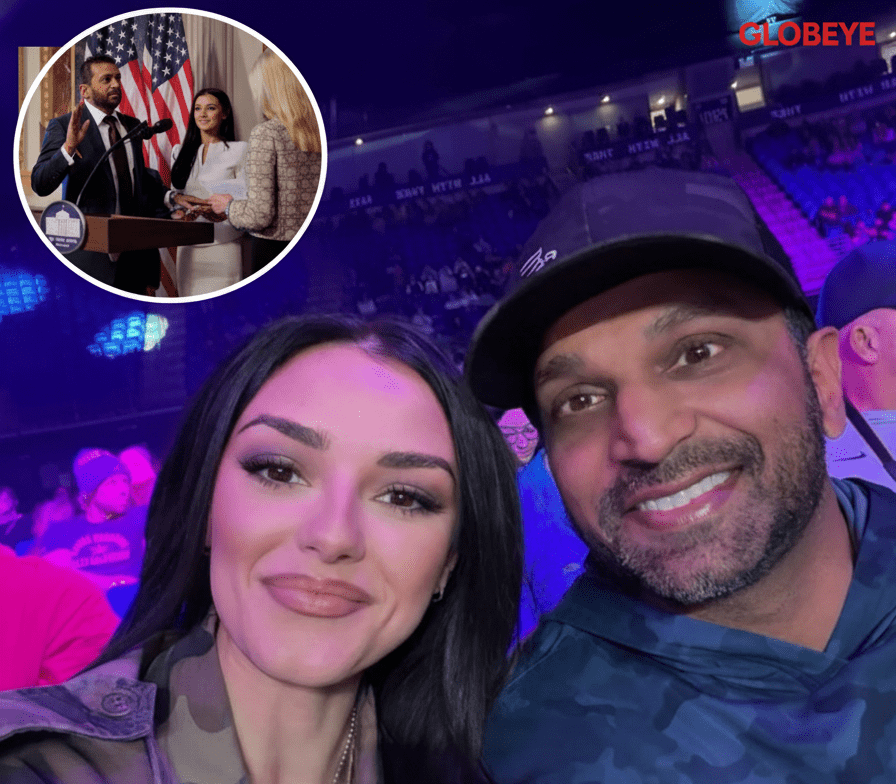Sean Paul Pledges to Match Up to $50,000 for Hurricane Melissa Relief in Jamaica — “My Island Is Going Through a Really Tough Time”
Sean Paul has always worn his love for Jamaica on his sleeve, but this week he turned that love into decisive action. In a video message shared to Instagram, the dancehall star addressed the devastation left behind by Hurricane Melissa and pledged to match up to $50,000 in donations for people impacted across his home island. “Right now, my island of Jamaica is going through a really tough time,” he said, standing outdoors amid broken branches and battered greenery — a quiet, sobering frame for a message that was equal parts plea and promise.
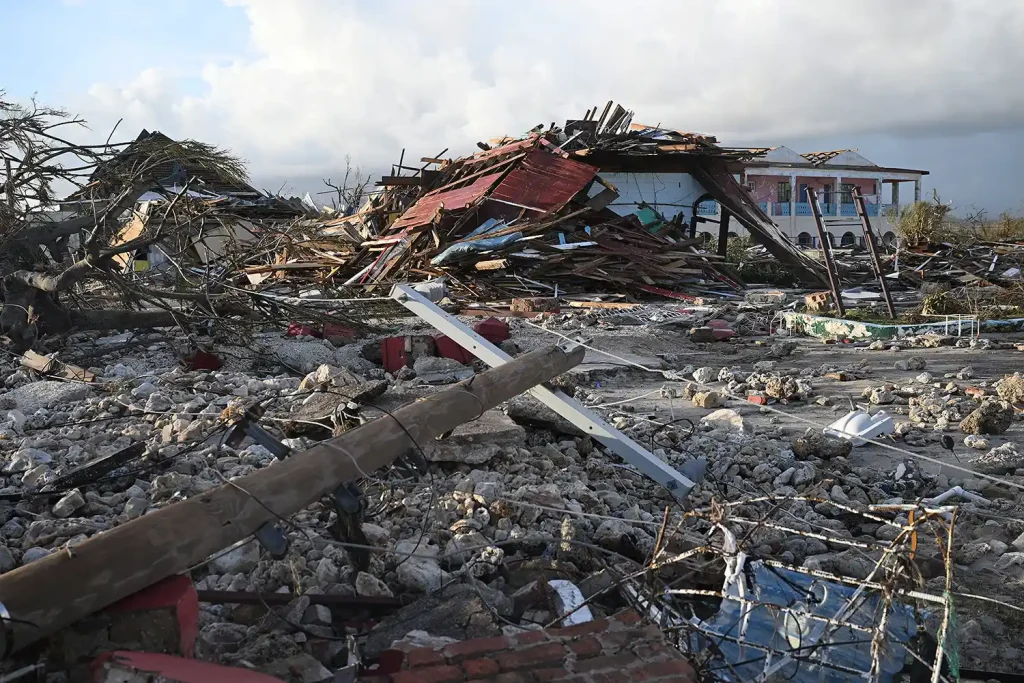
What stood out most was not the celebrity status but the clarity of purpose. Sean Paul didn’t center himself; he centered the families cleaning out flooded rooms, the small shop owners sweeping mud out of doorways, the utility workers piecing together power lines, the parents who spent a sleepless night counting the seconds between each wind gust. His offer to match donations up to $50,000 turns a personal statement into a multiplier, inviting fans and strangers to turn sympathy into supplies — tarps, water, fuel, food, and the hundreds of small necessities that make recovery possible in the days after a storm.
Jamaica knows hurricanes, but each one writes its own story. Melissa’s story, as seen in early images of downed trees, torn rooftops, and flattened coastline debris, is about fragile lifelines and communities forced into fast, improvised problem-solving. Sean Paul’s post arrived in that first window when attention matters most — when local efforts need momentum, when verified fundraisers need amplifying, and when the outside world is still watching. His message didn’t dramatize the damage. It didn’t need to. The quiet firmness of “tough time” carried the weight of what people were seeing on the ground.
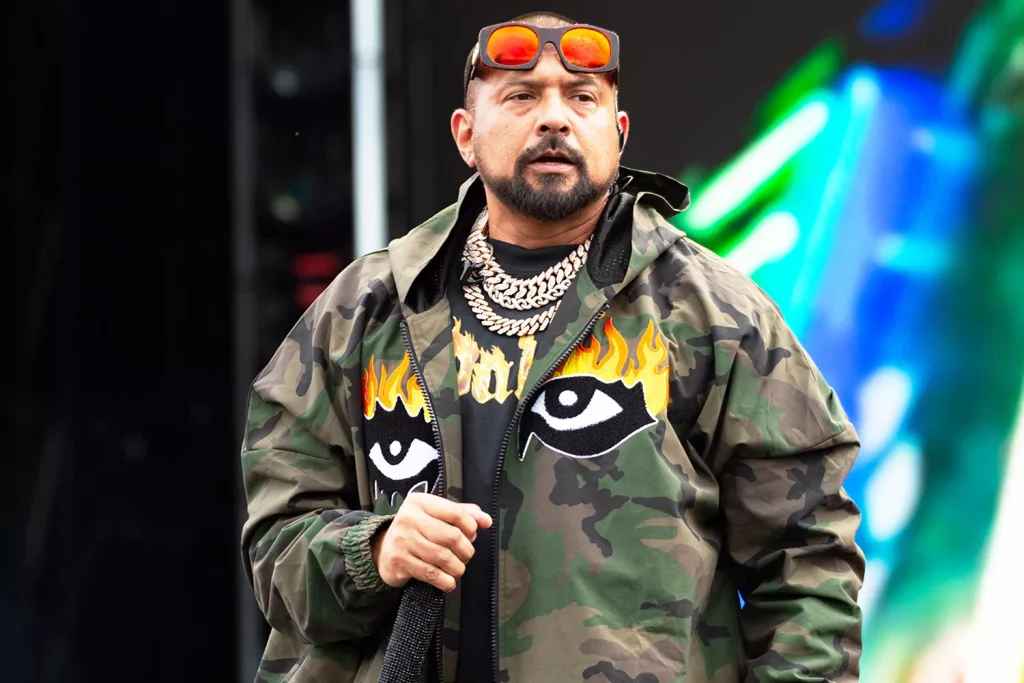
There’s also something powerful about the way artists with global reach can compress distance. Sean Paul’s audience stretches from Kingston to Kingston-upon-Thames, from Montego Bay to Miami clubs to festival fields in Europe. By tying his own dollars to his followers’ dollars, he created a bridge between those who can give and those who need help right now. Matching campaigns tap a basic human equation: the sense that your contribution goes twice as far and might be the difference between a family getting a generator or going without, a hospital receiving extra bottled water or running short.
For fans, the post is a reminder of the real person behind the hits — the Kingston-born performer who has long referenced home in his music, who celebrates Jamaican culture with pride, and who understands that influence brings responsibility. For Jamaicans, it reads as solidarity from one of their own. In disaster recovery, that combination — visibility and accountability — can be as valuable as any single check, because it keeps attention focused as the news cycle moves on.
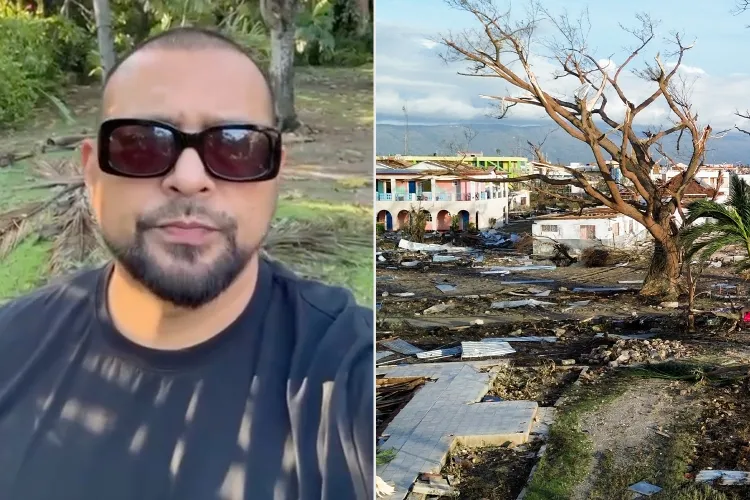
There’s a practical takeaway, too. When megaphones like Sean Paul’s amplify relief efforts, it becomes easier for everyday donors to find legitimate channels. The call to contribute, paired with a promise to match, nudges people past the moment of scrolling and into action. And if you’ve ever wondered whether small donations matter, relief groups will tell you they add up in the most tangible ways: a roll of roofing felt here, a stack of diapers there, a gas can, a bag of nails, a hot meal for a volunteer crew — all purchased because a musician chose to turn a social post into a catalyst.
In the end, the message wasn’t about showmanship. It was about showing up. A storm will always grab the world’s attention; recovery asks for stamina. Sean Paul’s $50,000 matching commitment is a down payment on that stamina — a public push that can help carry neighborhoods from the first cleanup to the longer, harder work of rebuilding. If generosity creates momentum, this is how it starts: one islander’s promise echoing across millions of screens, challenging the rest of us to meet him halfway.
